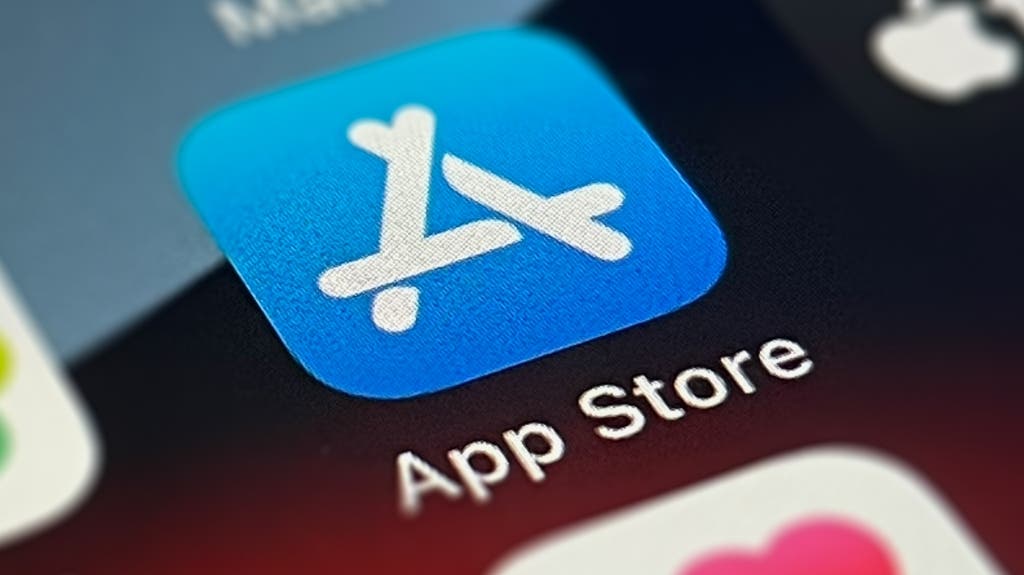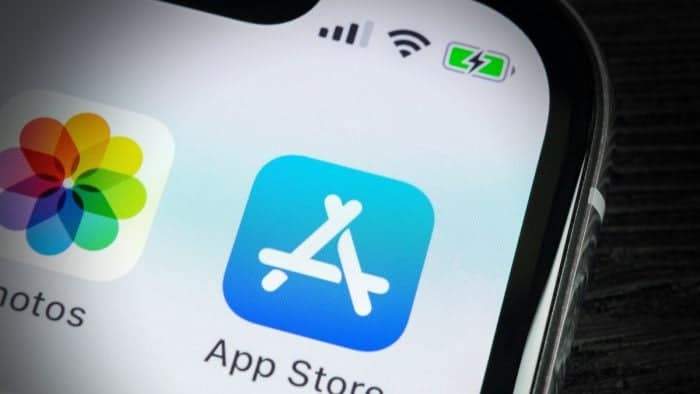The Digital Markets Act (DMA) has arrived in the EU, and Apple is adapting its iOS ecosystem accordingly. This landmark event marks a significant shift in the traditionally closed platform, empowering users, developers, and potentially setting a precedent for the global tech landscape. Let’s dissect the core changes set to arrive with iOS 17.4 in March 2024.
Apple Opens Up iOS: A Comprehensive Look at the EU-driven Changes

Breaking the Browser Chains
For the first time, iOS users in the EU will be free from the shackles of Safari‘s WebKit rendering engine. Alternative browsers can utilize their own engines, paving the way for potentially faster, more customized, and diverse browsing experiences. This opens up the playing field for smaller browser developers and niche technologies, fostering healthy competition and innovation.
App Store Revolution
In a game-changing move, Apple is cracking open the door to alternative app stores on iOS. Developers will no longer be solely reliant on the App Store, offering users a wider range of app choices and potentially lower prices. However, to safeguard users from malicious code, Apple will implement a “baseline review” process for all apps, regardless of their source. This ensures a minimum level of quality and security, balancing openness with user protection.
Navigating the Security and Privacy Landscape
While embracing open app stores, Apple acknowledges the potential for increased security risks. To mitigate these concerns, the company will require “marketplace developers” (operators of alternative app stores) to meet stringent security and privacy regulations. Additionally, Apple will leverage its existing state-of-the-art malware detection systems to protect users from malicious apps downloaded from any source.
Gizchina News of the week
Choice in Payments, Transparency as the Watchword
Recognizing user autonomy in financial transactions, Apple is introducing new payment options for developers. Apps can now integrate third-party payment service providers, giving users wider choices and potentially lower transaction fees. Additionally, developers can link users to their external websites for completing transactions, offering greater flexibility. However, Apple ensures complete transparency with clear notifications informing users of any transitions away from its native payment system.
Commission Adjustments and the Core Technology Fee
While maintaining the App Store as a revenue source, Apple is adjusting its commission structure. Most developers, representing an estimated 99%, will benefit from reduced or unchanged fees. However, the commission on digital goods and services transactions increases slightly. Additionally, a new “Core Technology Fee” of €0.50 applies to every annual install exceeding one million, regardless of the app store used. This indicates Apple’s attempt to recoup some lost revenue from app distribution while still offering developers and users significant benefits.
A New Ecosystem Emerges
These changes signify a transformative era for the iOS ecosystem. Users in the EU gain unprecedented control over their browsing experience, app download sources, and payment options. Developers benefit from increased competition, flexibility, and potentially wider reach. However, challenges remain in ensuring a smooth transition and maintaining a balance between openness, security, and user expectations.
The evolving iOS landscape in the EU will be closely watched, potentially influencing regulations and app store models in other regions. This experiment in greater user choice and developer freedom has the potential to reshape the global mobile app landscape, offering exciting possibilities for users, developers, and the tech industry as a whole.





